Source:-( Google.com.pk)
Indian Culture Essay Biography
By the twentieth century, most such tribal (see Glossary) groups, although constituting a substantial minority within India, lived in restricted areas under severe pressure from the caste-based agricultural and trading societies pressing from the plains. Because this evolution took place over more than forty centuries and encompassed a wide range of ecological niches and peoples, the resulting social pattern is extremely compliated and alters constantly.
India had its share of conquerors who moved in from the northwest and overran the north or central parts of the country. These migrations began with the Aryan peoples of the second millennium B.C. and culminated in the unification of the entire country for the first time in the seventeenth century under the Mughals. Mostly these conquerors were nomadic or seminomadic people who adopted or expanded the agricultural economy and contributed new cultural forms or religions, such as Islam.
The Europeans, primarily the English, arrived in force in the early seventeenth century and by the eighteenth century had made a profound impact on India. India was forced, for the first time, into a subordinate role within a world system based on industrial production rather than agriculture. Many of the dynamic craft or cottage industries that had long attracted foreigners to India suffered extensively under competition with new modes of mass production fostered by the British. Modern institutions, such as universities, and technologies, such as railroads and mass communication, broke with Indian intellectual traditions and served British, rather than Indian, economic interests. A country that in the eighteenth century was a magnet for trade was, by the twentieth century, an underdeveloped and overpopulated land groaning under alien domination. Even at the end of the twentieth century, with the period of colonialism well in the past, Indians remain sensitive to foreign domination and are determined to prevent the country from coming under such domination again.
Through India's history, religion has been the carrier and preserver of culture. One distinctive aspect of the evolution of civilization in India has been the importance of hereditary priesthoods, often Brahmans (see Glossary), who have functioned as intellectual elites. The heritage preserved by these groups had its origin in the Vedas and allied bodies of literature in the Sanskrit language, which evolved in North India during the second millennium B.C. This tradition always accepted a wide range of paths to ultimate truth, and thus encompassed numerous rituals and forms of divinity within a polytheistic system. Generally, Brahmans supported the phenomenon known as Sanskritization, or the inclusion of local or regional traditions within Sanskrit literary models and pan-Indian cultural motifs. In this way, there has been a steady spread of North Indian cultural and linguistic forms throughout the country.

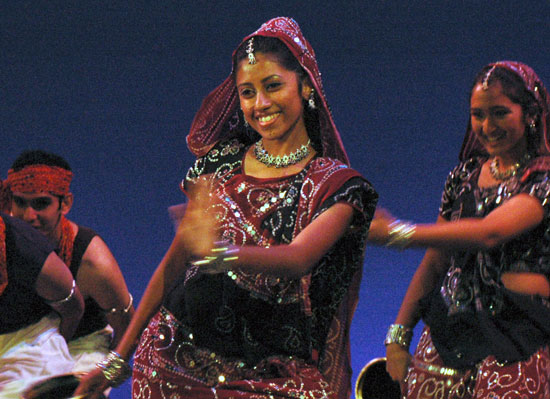 Indian Culture Essay
Indian Culture Essay
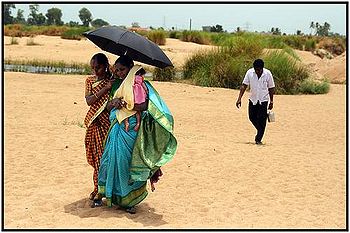 Indian Culture Essay
Indian Culture Essay
 Indian Culture Essay
Indian Culture Essay
 Indian Culture Essay
Indian Culture Essay
 Indian Culture Essay
Indian Culture Essay
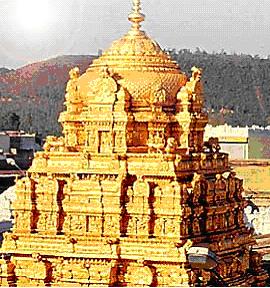 Indian Culture Essay
Indian Culture Essay
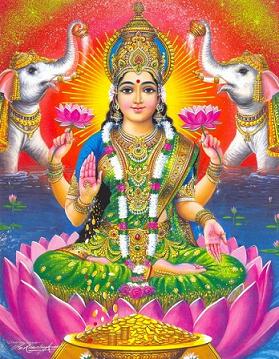 Indian Culture Essay
Indian Culture Essay
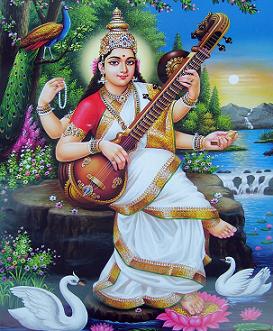 Indian Culture Essay
Indian Culture Essay
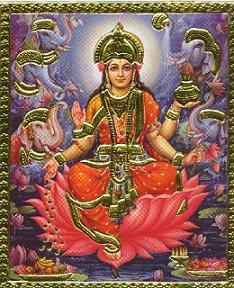 Indian Culture Essay
Indian Culture Essay
 Indian Culture Essay
Indian Culture Essay
Indian Culture Essay Biography
By the twentieth century, most such tribal (see Glossary) groups, although constituting a substantial minority within India, lived in restricted areas under severe pressure from the caste-based agricultural and trading societies pressing from the plains. Because this evolution took place over more than forty centuries and encompassed a wide range of ecological niches and peoples, the resulting social pattern is extremely compliated and alters constantly.
India had its share of conquerors who moved in from the northwest and overran the north or central parts of the country. These migrations began with the Aryan peoples of the second millennium B.C. and culminated in the unification of the entire country for the first time in the seventeenth century under the Mughals. Mostly these conquerors were nomadic or seminomadic people who adopted or expanded the agricultural economy and contributed new cultural forms or religions, such as Islam.
The Europeans, primarily the English, arrived in force in the early seventeenth century and by the eighteenth century had made a profound impact on India. India was forced, for the first time, into a subordinate role within a world system based on industrial production rather than agriculture. Many of the dynamic craft or cottage industries that had long attracted foreigners to India suffered extensively under competition with new modes of mass production fostered by the British. Modern institutions, such as universities, and technologies, such as railroads and mass communication, broke with Indian intellectual traditions and served British, rather than Indian, economic interests. A country that in the eighteenth century was a magnet for trade was, by the twentieth century, an underdeveloped and overpopulated land groaning under alien domination. Even at the end of the twentieth century, with the period of colonialism well in the past, Indians remain sensitive to foreign domination and are determined to prevent the country from coming under such domination again.
Through India's history, religion has been the carrier and preserver of culture. One distinctive aspect of the evolution of civilization in India has been the importance of hereditary priesthoods, often Brahmans (see Glossary), who have functioned as intellectual elites. The heritage preserved by these groups had its origin in the Vedas and allied bodies of literature in the Sanskrit language, which evolved in North India during the second millennium B.C. This tradition always accepted a wide range of paths to ultimate truth, and thus encompassed numerous rituals and forms of divinity within a polytheistic system. Generally, Brahmans supported the phenomenon known as Sanskritization, or the inclusion of local or regional traditions within Sanskrit literary models and pan-Indian cultural motifs. In this way, there has been a steady spread of North Indian cultural and linguistic forms throughout the country.
Indian Culture Essay

Indian Culture Essay








